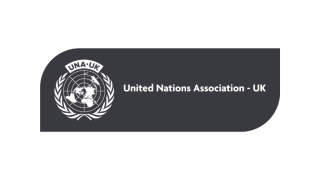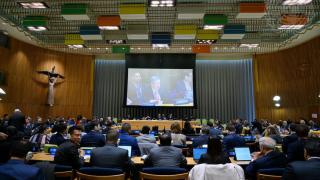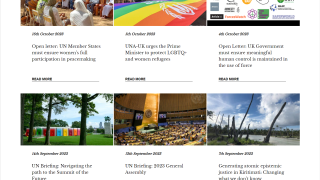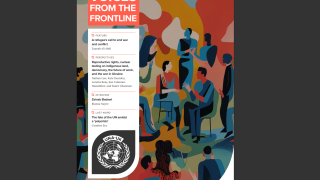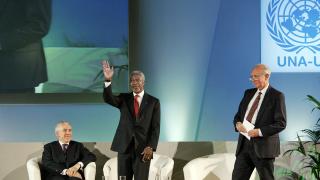
Lord Hannay of Chiswick was UK Permanent Representative to the UN from 1990-1995, when Kofi Annan was head of Peacekeeping, then UK Special Representative for Cyprus 1996-2003 when Annan was Secretary-General. Annan then appointed him to his High-level Panel on Threats, Challenges and Change. He chaired UNA-UK from 2006-2011.
The sad news of Kofi Annan’s death is a sharp reminder of just how short the world is of leaders of his stature and integrity. And that at a time when the UN - to which he provided such outstanding leadership - along with the other multilateral institutions which underpin the rules based international system, are being challenged as they have not been since the end of the Cold War, or even longer.
I got to know Kofi Annan well in the 1990’s when he was Under-Secretary-General for Peacekeeping Operations and I was Britain’s Representative to the UN and on its Security Council; and then when he invited me to serve in 2003-4 on the 'High Level Panel for Threats, Challenges and Change', which he set up with the aim of repairing some of the damage resulting from the invasion of Iraq in 2003 and of charting the way ahead for an organisation which was, as he put it, “at a fork in the road".
I came to admire him very much both in his peacekeeping role and later as Secretary-General. His calm, unflustered temperament and his ability to conjure up agreement in the most demanding and improbable of circumstances were outstanding, as was his leadership of a Secretariat which had never previously had a lifelong official as Secretary-General.
Of course bad things happened on his watch, such as the genocides in Rwanda and Bosnia, for which he, like the rest of us, bore some responsibility; but he never flinched from accepting that responsibility and from doing everything he could to prevent such events recurring, most notably when he persuaded the member states at the September 2005 summit to accept the new norm of “The Responsibility to Protect". If the application of that norm has fallen short of what he hoped, that was through no fault of his - consider how well he made use of it in his mediation efforts in Kenya - but rather, as so often, through the failings of the member states of the organisation to live up to the commitments they had entered into.
One achievement of which he was justly proud was the establishment of the 2000-2015 Millennium Development Goals, now getting their second wind with the Sustainable Development Goals which have been set for 2030. At the time of the millennium there were many who believed that those goals would just be so many warm words. But they proved to be much more than that, paving the way for lifting millions of the world’s poorest citizens out of abject poverty and bringing education, health care and moves towards gender equality to those who had never known them.
That success underlined one of Annan’s greatest qualities, his ability to use what is often called the “bully pulpit" of the Secretary-General’s office to set the international agenda and to conjure up a strategic sense of direction. At this he was probably more successful than any of his predecessors since Dag Hammarskjöld. And it is a quality which is sorely needed in today’s fragmented and quarrelsome world, where priority is given to transactional calculations, and leaders are turning their backs on any pursuit of the common good.
No tribute to Kofi Annan could possibly be complete without a mention of his sense of humour, with which he leavened even the most fractious of discussions. I still remember, when I left New York in 1995, his sending me a book about the British colonial conquest of his own Ashanti ancestors, which he inscribed with the thought “One peacekeeping operation which went a bit off the rails"!
We should all feel a bit diminished by the loss of Kofi Annan. I certainly do. And we should also be grateful for someone who devoted his life so unsparingly to making the world a better place than he found it.
Photo: Annan and the author at a UNA-UK event in 2006. Credit: UN Photo

